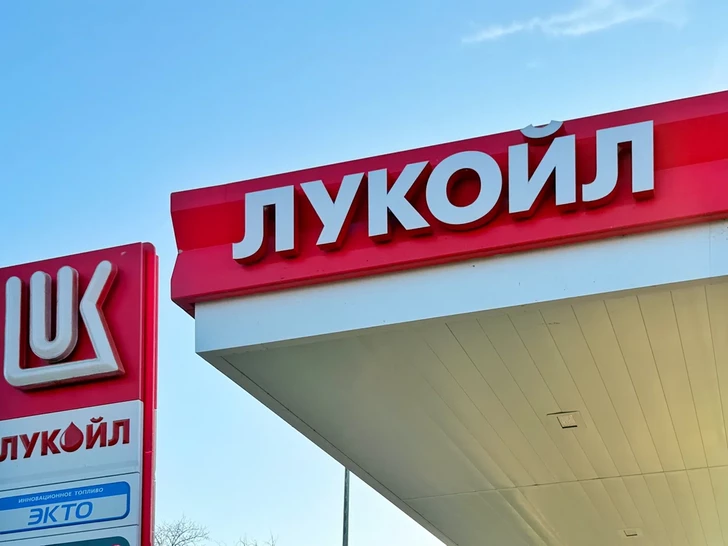In a statement released this week, Lukoil said it would begin accepting offers from potential buyers for its international subsidiaries, citing “restrictive measures” imposed by several countries.
The decision follows the U.S. Treasury Department’s October 22 sanctions targeting both Rosneft and Lukoil, as well as their foreign affiliates, over what Washington described as Moscow’s continued refusal to support a peaceful resolution to the war in Ukraine.
The latest measures have already had visible effects: Lukoil Georgia announced its complete exit from the Georgian market, where it previously operated over 60 fuel stations across the country.
The company was owned by Lukoil International GmbH, an Austrian subsidiary fully controlled by the Russian parent company, which also fell under sanctions.
According to local reports, several regional players – including SOCAR (State Oil Company of Azerbaijan) and Wissol – may express interest in acquiring Lukoil’s Georgian assets.
Uncertainty in Azerbaijan
The announcement has sparked speculation about the fate of LUKOIL Azərbaycan, the company’s local branch operating in Azerbaijan’s energy sector.
In a comment to Oxu.az, company representative Rail Agaev said that no official information has been communicated to the Azerbaijani subsidiary so far:
“We learned about it from the same sources as everyone else. No additional information has been provided to us,” Agaev said.
While Lukoil’s activities in Azerbaijan have traditionally focused on fuel retail and participation in offshore oil projects, it remains unclear whether those assets fall under the category of foreign holdings now subject to divestment.
Sanctions Pressure and Strategic Realignment
Analysts suggest that the planned sell-off marks a broader strategic retreat from global markets, as the company seeks to safeguard its core operations within Russia.
Following the latest U.S. sanctions, Lukoil and Rosneft face restricted access to international financing, technology imports, and foreign currency transactions – all of which have severely constrained their overseas ventures.
The situation is being closely monitored in Baku, where energy experts note that any change in Lukoil’s structure could reshape regional fuel supply chains and partnership dynamics. SOCAR, which has expanded its downstream operations across the Caucasus, is considered one of the few regional firms capable of filling any market gap left by Lukoil’s withdrawal.
Regional Ripples
If the sale proceeds, Lukoil’s exit from markets like Georgia – and potentially others – would mark the largest retrenchment of Russian private oil capital abroad since 2014.
For Azerbaijan, the move could open new opportunities for energy diplomacy and regional investment, even as it highlights how deeply sanctions have redrawn the post-war oil landscape.
“Lukoil’s retrenchment is not just a corporate decision,” one Baku-based analyst told Azerbaijan.US. “It’s a sign of how sanctions are quietly reshaping the entire energy map of the South Caucasus.”


